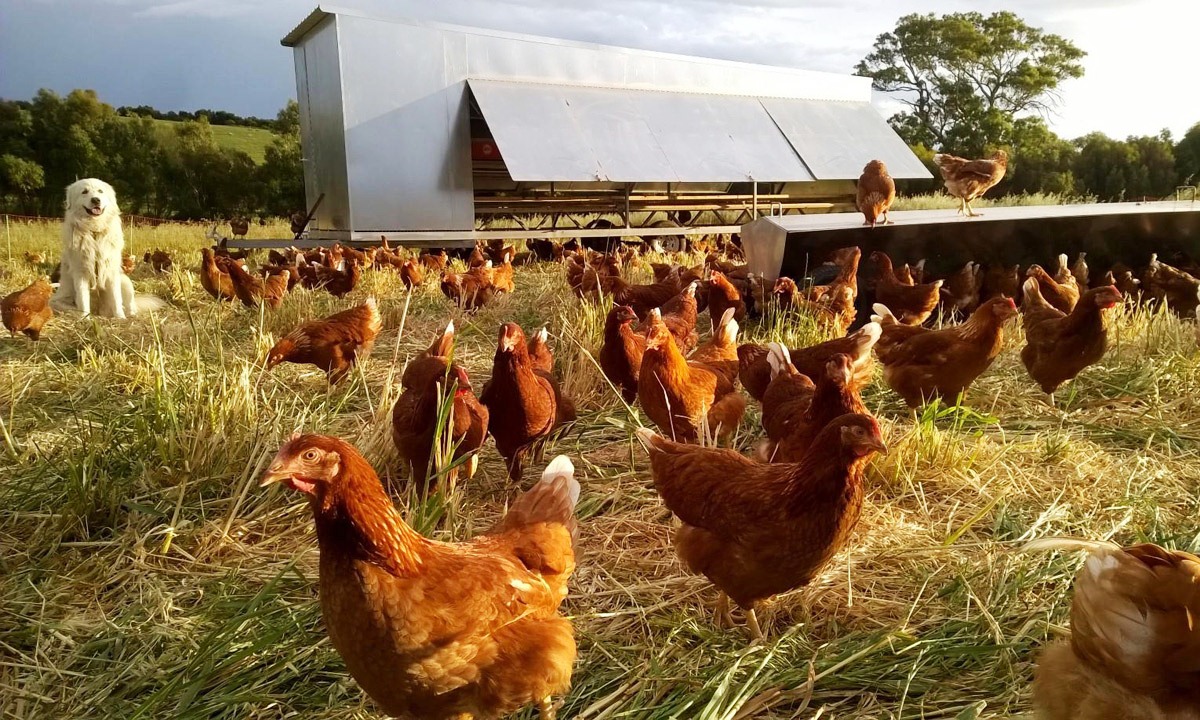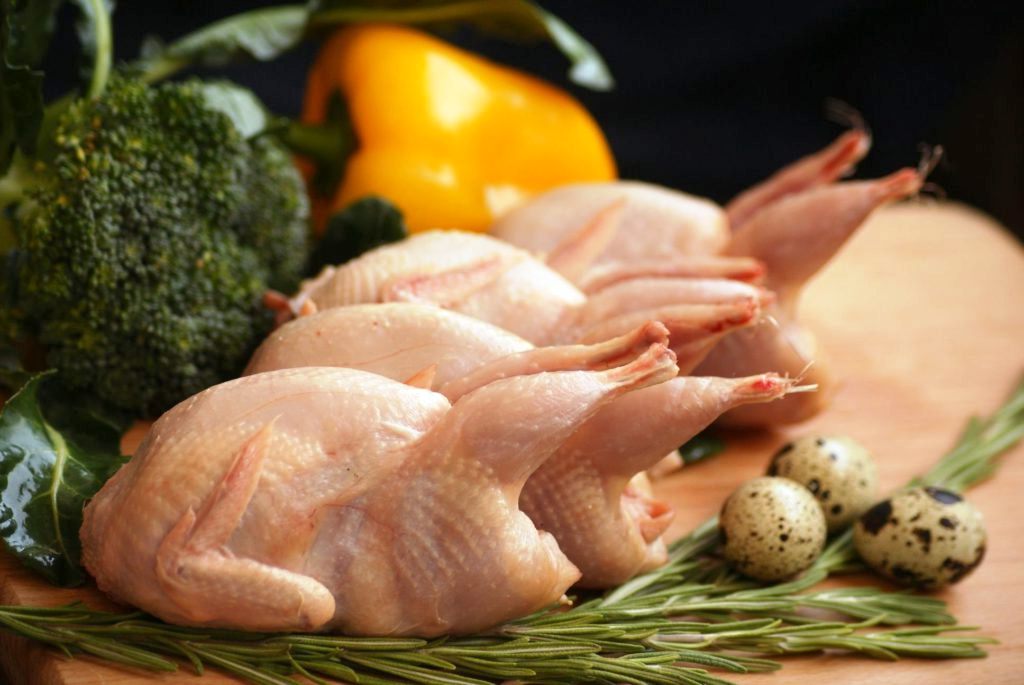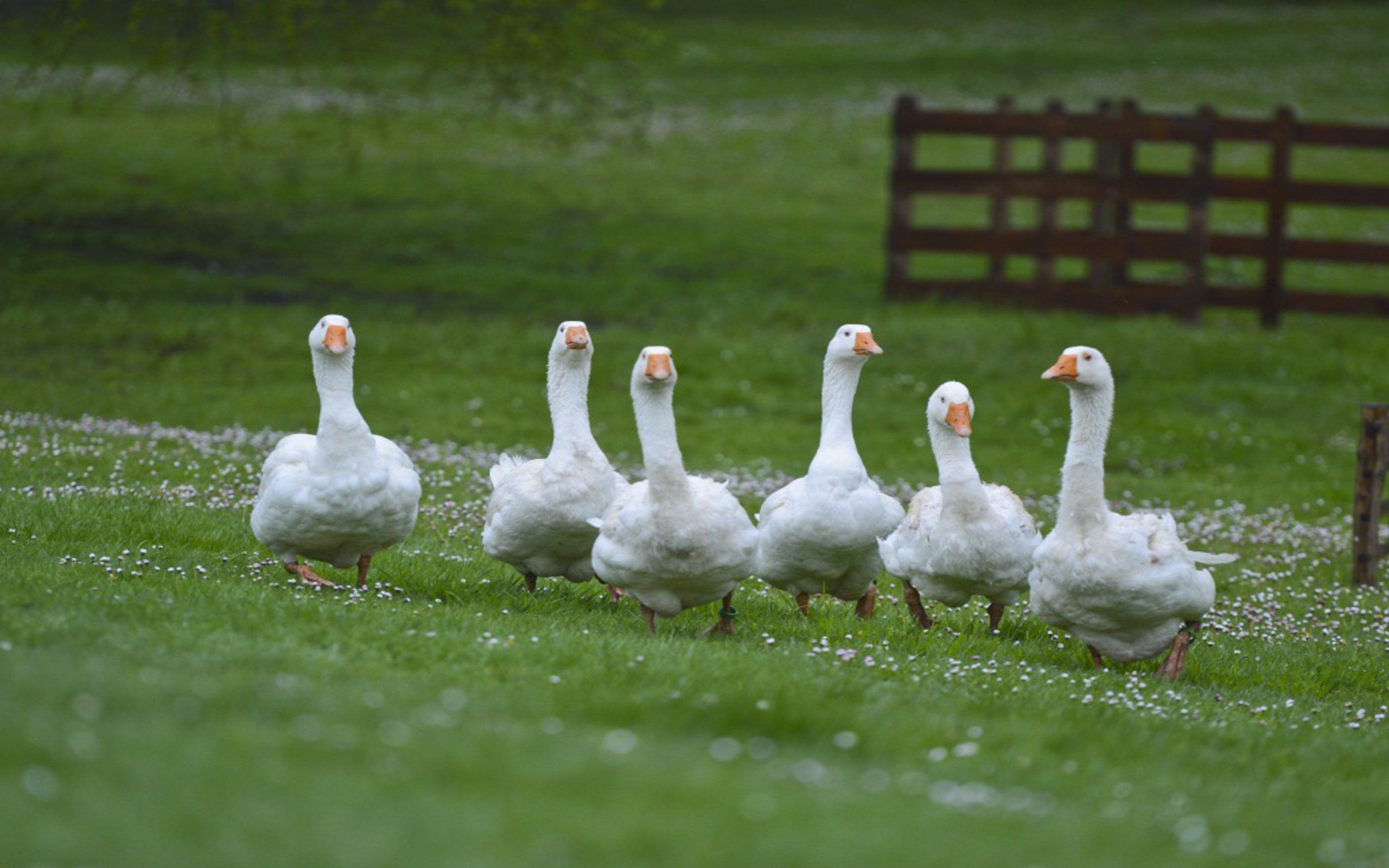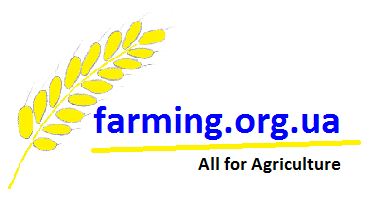|
|
|
Climate change
Industrial Poultry
How do
farmers respond to the poultry industry during climate change?

Dr. Oleksii Orlov,
PhD in Agriculture
Many agro-industrialists have already
experienced some negative changes in climatic conditions. In recent years,
drought and elevated temperatures have been observed not only in the
southern and eastern regions, where this is typical, but also in other, more
northern regions, where the lack of moisture had not previously limited the
profits of agricultural producers and farmers. This affects not only to the
productivity and production volumes of the main grain and fodder crops and
their high prices, but also the poultry industry as a whole. With climate
change, the risks of doing agricultural business increase significantly. In
such conditions, it is important to organize the conduct of the agricultural
business and take measures to reduce possible risks.
|

One way to counter the effects of
negative climate change on poultry farming is to understand how these
changes will affect the industry and how to minimize these negative effects.
In the photo - grazing organic egg chickens
Birds are
especially vulnerable to climate change, because the normal life of birds
can occur only in narrow temperature ranges. Agricultural holdings companies
and poultry farmers should consider how to adapt the business to such
climate changes now for reduce the subsequent negative impact to profits and
for save money, reduce risks and worry about the future of the business.
Negative
climate changes increase risks for agriculture, but at the same time, they
lead to an increase in demand for food and meat products in particular, i.e.,
to obtain high profits for those poultry farmers who were able to adapt to
such climate changes and build correctly of effective business.
There are
both risks and additional opportunities ...

Eco-friendly poultry
products and eggs are very popular in today's global market
Capabilities:
-
Savings - energy
costs for heating can be reduced, since warm winters reduce the need for
energy for heating
-
Also during the
warm in winter period, it becomes possible to keep some species of
poultry outdoors all year round
-
Not in all
regions drought is observed - in some areas more rain begins to occur,
while the average annual temperatures increase, and this creates
(especially in a temperate climate), better conditions for local
production of soy and corn, i.e. crops that are demanding to heat
-
Local production
of soy and corn, reduces the cost of feed logistics and reduce the
number of "feed miles" and "food miles". “Food miles” is a term for the
distance the food is transported — from the moment it is produced —
until it reaches the consumer. The same for feed transporting - "feed
miles"
-
Meat products
can rise in price, poultry farming can become more profitable, and the
yield of heat-loving soybeans (the most important and expensive
component of animal feed) can increase - by 10-15% due to an increase in
CO2 in the atmosphere
-
In the context
of global climate change, one of the most important factors affecting
the profitability of a business is genetics - farmers who use good
genetics adapted to existing conditions for poultry production will
receive more profit
-
In any case,
farmers and agro-industrialists who take risks into account and plan
their
investments taking into account climate
change and use professional consulting from
Agricultural Consulting
will have significant competitive advantages

Breeds of
turkeys (and other farm birds), with good genetics, will always have
advantages over ordinary breeds. They are less sick. They are better
adapted to modern conditions of industrial production and feeding,
have higher productivity. In conditions of climate change - good
genetics is a great competitive advantage for any agricultural
businessman and farmer
Problems:
-
Maintaining productivity - climatic systems in poultry farms
should maintain the necessary optimal seasonal temperature and
reduce the risks of heat stress for poultry
-
Increased investment in ventilation systems and cooling
-
Investing in thermal insulation during the reconstruction of old
farms or the
creation of new (for example,
thermal insulation of the roof using polyurethane foam or
sandwich panels)
-
Decreased reproductive ability of birds
-
More
dramatic incidents, such as hurricanes, tornadoes or heavy
rains, hail, floods, droughts, can increase bird stress, can
affect crops productivity, loss of poultry, and lead to direct
material losses or reduced profitability
-
Increase
in various expenses, including electricity costs for cooling
poultry farms in the summer
-
It is
possible to reduce the landing density at extreme temperatures,
and this potentially increases costs
-
The need
for active exhaust ventilation or cooling may become a necessary
and essential condition for the transport of live poultry
-
Increased need for ventilation, in order to reduce humidity in
poultry farms
-
Designing of
new farms, farm territories and
premises for poultry, construction and operation of all related
infrastructure, taking into account extreme weather conditions,
that is, in such a way as to cope with more intense weather
events and increased rainfall
-
When
planning a business, you should
consider farm construction options that can reduce climate risks
and with large investments in various adaptation systems to
climate change and extreme conditions, for example, investments
in drainage systems to reduce the impact of extreme floods and
frequent rainfall on your business or provide for the rainwater
harvesting
-
All of
the above also applies to feed production - the entire feed
supply system should be planned taking into account the changing
climatic conditions, for example, provide for
investments in innovations and
drip irrigation, etc.

A modern poultry
farm should be built with the expectation of a hot summer, and climate
change towards warming, that is, with a fairly good level of thermal
insulation. For this purpose, you can successfully use modern materials.
Ventilation / cooling and fogging plants are also required. The use of
biomass and other sources of green energy for energy purposes on the farm is
also promising (several times more profitable than gas heating and heating
using traditional energy sources)
Business adaptation:
-
Think about what
you will do in case of a hurricane / very strong hail, rain or snow, or
flood / extreme heat or drought / etc. - this will help to think over
and foresee what can reduce the impact of such extreme conditions on
your business. Imagine that an extreme situation occurred (power outage,
tornado, hurricane, lack of communication, drought, snow drifts - and a
combination of these factors, etc.), what you will do ... This will
allow you to be prepared for such a situation. And it’s better to invite
for this purpose an expert of
Agricultural Consulting
-
Revise
the design of
new farms (or reconstruction), taking
into account the possibility of constructing structures that will more
effectively cope with new climatic changes and extreme weather
conditions
-
Upgrade
existing equipment or install new equipment to cope with new extreme
climatic events
-
Use energy
efficiency audits and renewable energy sources (such as solar or wind
energy) on poultry farms
-
Consider
using recycling boilers for biomass or anaerobic digestion of bird
droppings or alternative uses of droppings
-
Have
contingency funds and contingency insurance
-
Reduce climate
risks through globalization of business

Many poultry species
that require fresh water or grassland to grow successfully may be at risk by
reducing the amount of fresh water available
Although many of the
potential negative effects of climate change have not yet occurred, some of
them may be more or less likely to occur in the short, medium or long term.
Therefore, it is important to think ahead about the future, especially with
regard to issues such as
business planning,
creating a new effective business and
agribusiness in general ... Professional consulting from
Agricultural Consulting will also help to be highly effective!
Contact us for
consulting, creation, development and support of projects and creation of a business turnkey
Disclaimer
© Agricultural Consulting
Service. Technical audit of agribusiness. Agricultural business projects and
agricultural companies turnkey. Consulting services for agriculture,
aquaculture, natural resources, environment, safe energy in industry and
home construction. Increasing the
profitability of business, obtaining additional profits
|
|






